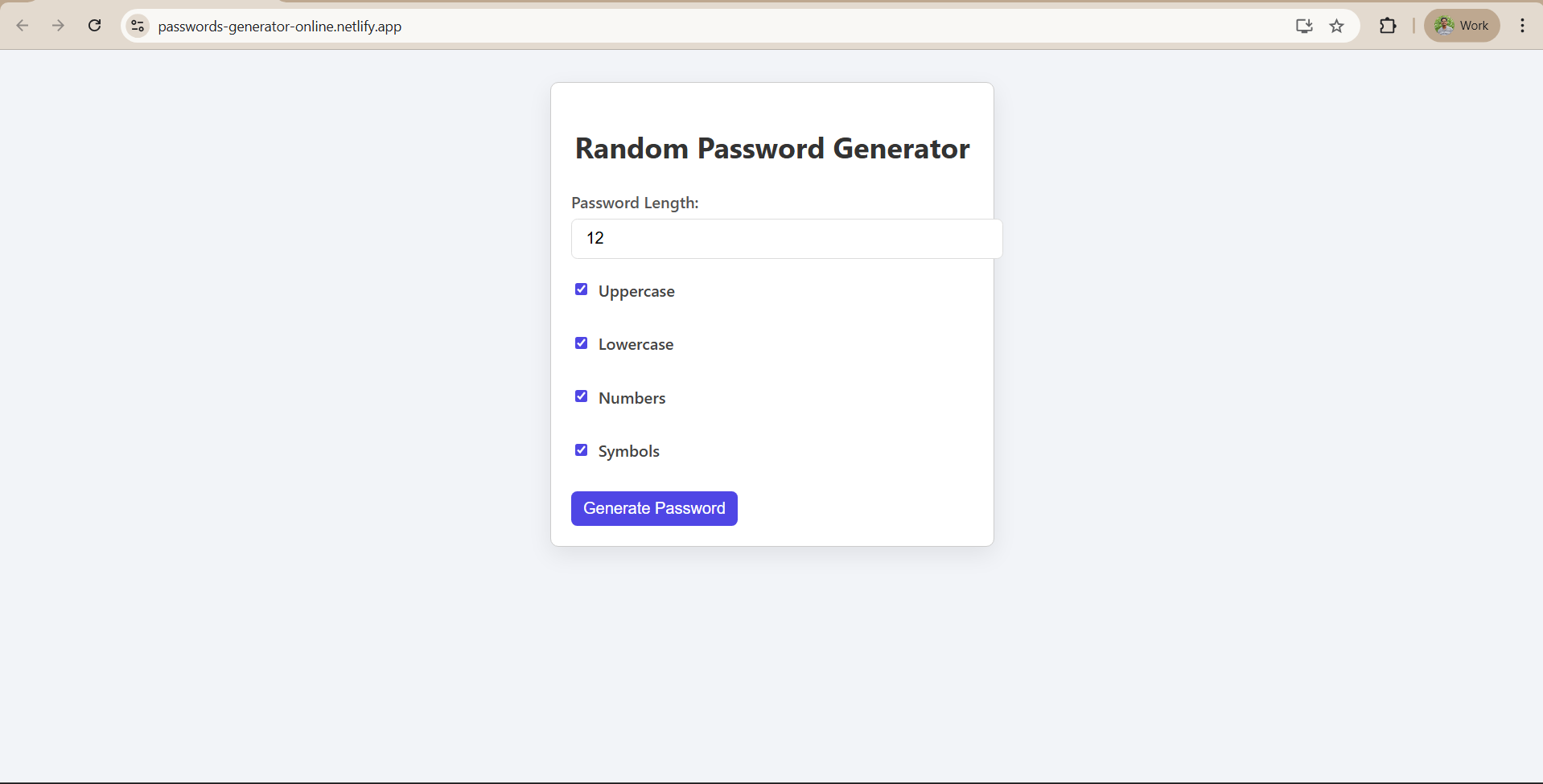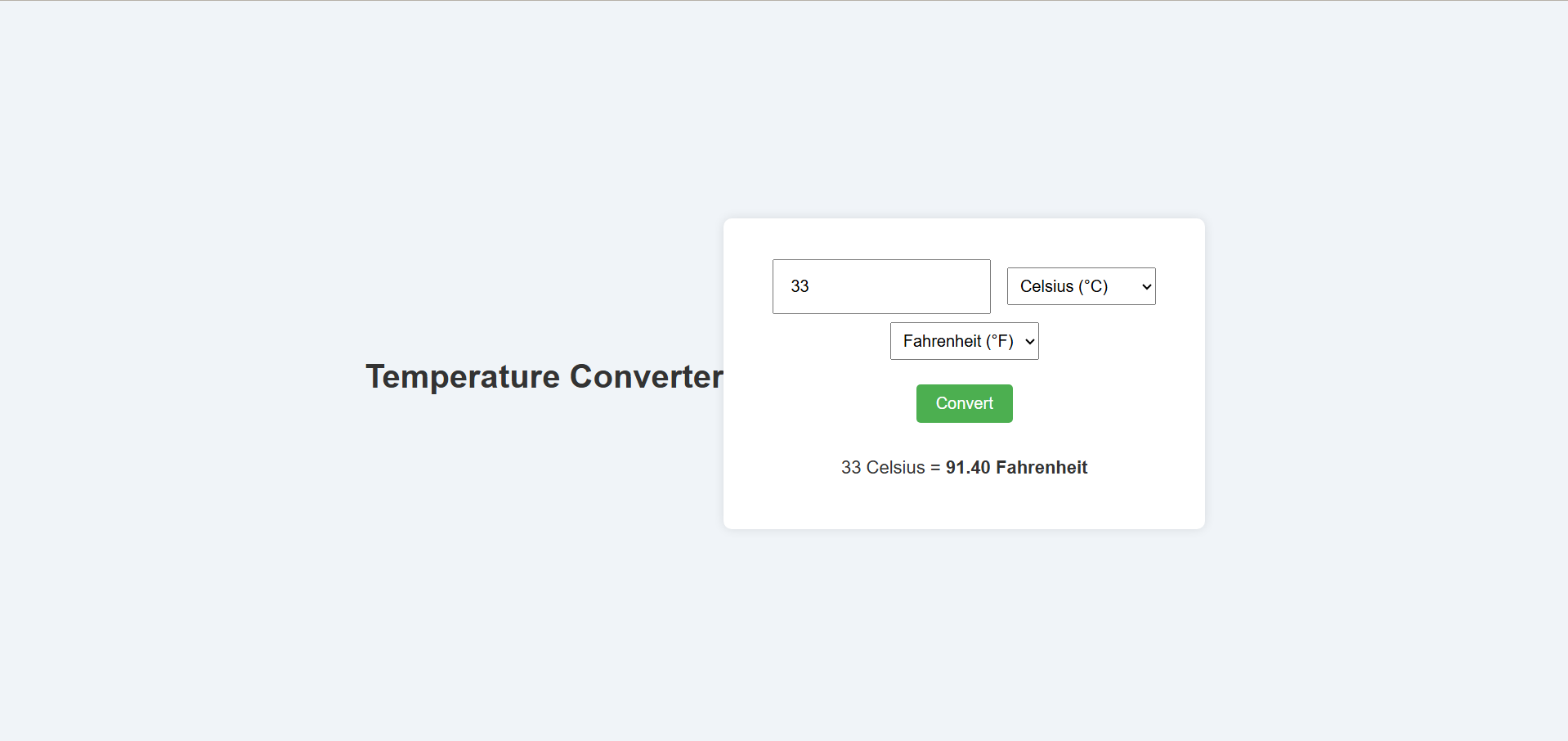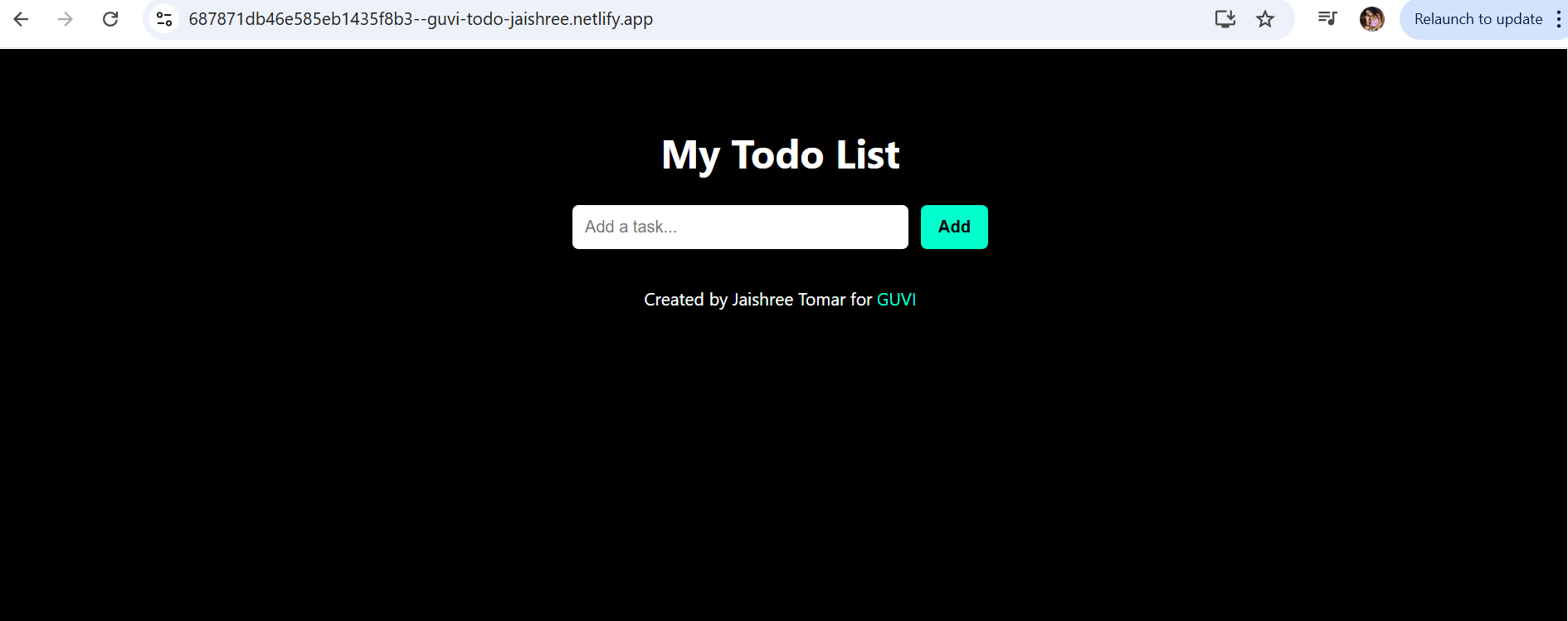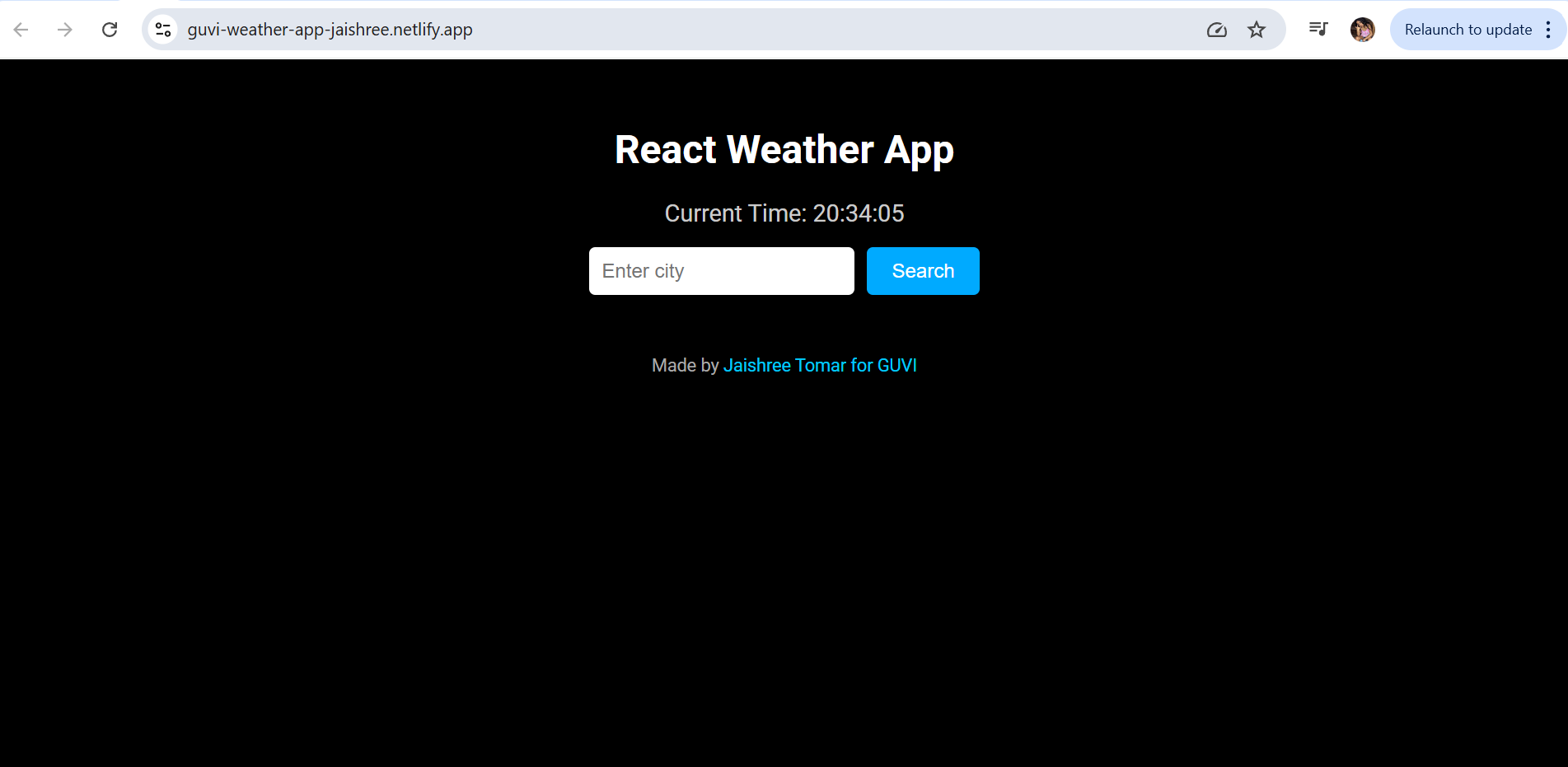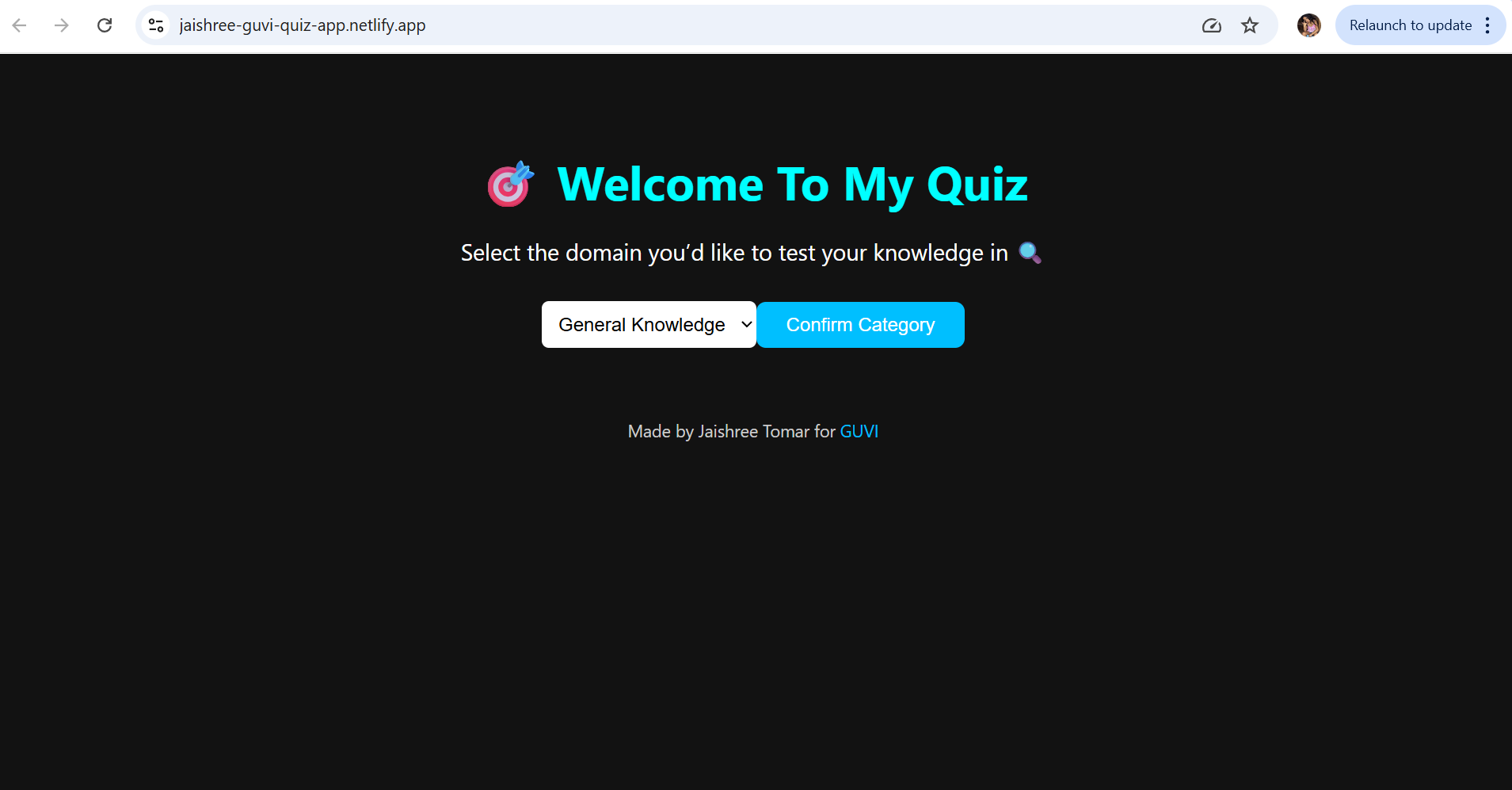Date & Time in cpp
Handling dates and times is crucial in programming as it enables various applications that require scheduling, event tracking, data analysis, and time-sensitive operations. It allows for precise data organization, manipulation, and comparison. Dates and times are essential for appointment booking, data logging, and generating reports.
C++ provides a range of functionalities for working with dates and times. It includes data types like std::chrono::system_clock for representing points in time and functions like std::chrono::time_point for manipulation. C++ also offers formatting and parsing capabilities for converting dates and times to and from string representations. Libraries like <chrono> and <ctime> provide extensive features for efficiently handling date and time operations.
Date and Time Basics
Data types for representing date and time in C++:
std::chrono::system_clock
This is a clock class provided by the <chrono> library in C++. It represents the system clock time, which includes the current date and time.
std::chrono::time_point
This is a template class provided by the <chrono> library. It represents a point in time relative to a specific clock. It can be used to represent specific dates and times.
std::tm
This is a structure provided by the <ctime> library. It represents a calendar date and time broken down into its components (year, month, day, hour, minute, second).
Date and Time Manipulation
A. Creating and manipulating date objects
Setting specific dates and times :
To set specific dates and times, you can use the std::chrono::system_clock::time_point and std::chrono::time_point classes in combination with std::chrono::duration.
Modifying date and time components :
To modify specific date or time components, you can use the std::tm structure and the <ctime> library functions.
#include <ctime>
int main() {
std::time_t currentTime = std::time(nullptr);
// Convert the current time to a tm structure
std::tm* timeinfo = std::localtime (<span>&</span>currentTime);
// Modify the year component
timeinfo->tm_year = 123; // Year 2123 (years since 1900)
// Modify the month component
timeinfo->tm_mon = 9; // October (months since January)
// Modify the day component
timeinfo->tm_mday= 15; // 15th day of the month
// Modify the hour component
timeinfo->tm_hour = 12; // 12:00 PM
// Modify the minute component
timeinfo->tm_min = 30; // 30 minutes past the hour
// Modify the second component
timeinfo->tm_sec = 0; || 0 seconds
// Convert the modified tm structure back to a time_t object
std::time_t modifiedTime = std::mktime (timeinfo);
return 0;
}B. Date and time calculations
Computing the difference between two dates or times :
To compute the difference between two dates or times, you can subtract the std::chrono::time_point objects and obtain a std::chrono::duration.
Adding or subtracting durations to/from dates or times :
To add or subtract durations to/from dates or times, you can use the += and -= operators with std::chrono::time_point and std::chrono::duration.
Date and Time Formatting
A. Formatting dates and times as strings
Customizing date and time formats :
You can customize the date and time formats using format specifiers. The std::put_time function and std::strftime function provide ways to format dates and times.
Converting dates and times to string representations :
You can convert dates and times to string representations using the std::to_string function or by constructing std::ostringstream objects.
B. Parsing strings into date and time objects
Converting string representations to date and time objects :
You can convert string representations of dates and times into date and time objects using std::get_time or by constructing std::istringstream objects.
Handling different date and time formats :
To handle different date and time formats, you must adjust the format specifier passed to std::get_time or the parsing code in the std::istringstream.
Time Zones and DST (Daylight Saving Time)
A. Understanding time zones and offsets
Time zones represent world regions with standardized offsets from Coordinated Universal Time (UTC). These offsets represent the difference in hours and minutes between the local time of a particular time zone and UTC.
For example, the time zone "Eastern Standard Time" (EST) in the United States has an offset of UTC-5:00 during standard time. This means the local time in the EST time zone is 5 hours behind UTC.
B. Handling time zone conversions
You can use the <chrono> and <ctime> libraries in C++ to handle time zone conversions.
C. Dealing with DST changes and adjustments
Daylight Saving Time (DST) is a practice where clocks are adjusted forward by one hour during the warmer months to extend daylight in the evenings. DST changes can affect time zone offsets and must be accounted for when working with dates and times.
The <chrono> and <ctime> libraries in C++ handle DST changes automatically when converting between time zones. The library adjusts the time based on the DST rules for the specified time zone.
For example, if the current time is in a region that observes DST, the library will automatically adjust the time by adding or subtracting an hour accordingly.
Please note that the actual DST rules and adjustments vary depending on the time zone and local regulations. The library takes care of these complexities and provides accurate conversions.
It's important to ensure that your system's time zone database is current to handle DST changes correctly. Operating systems typically provide mechanisms to keep the time zone database updated.
Date and Time Input/Output
A. Reading and writing date and time from/to user input
To read the date and time from the user, you can use std::cin to get the input. The std::getline function is useful for reading a line of input, allowing the user to enter the date and time. The localtime function from the <ctime> library can be used to obtain the current date and time.
B. Formatting and parsing user-entered date and time
To format user-entered date and time, use the std::put_time function from the <iomanip> library. It allows you to specify the format for displaying the date and time. For parsing the user-entered date and time, you can use the std::get_time function and std::istringstream from the <sstream> library.
C. Error handling for incorrect date and time input
To handle errors for incorrect date and time input, you can check the status of the std::istringstream object after parsing the input using std::get_time. If the parsing fails, you can display an error message to the user.
Date and Time Libraries in C++
A. Overview of available date and time libraries in C++
When working with date and time in C++, several libraries provide various functionalities and features. Some popular date and time libraries in C++ include:
<chrono> : This is the standard C++ library for date and time manipulation. It provides a high-level interface for working with durations, clocks, time points, and time zones. <chrono> is part of the C++ Standard Library and offers a comprehensive set of utilities for precise and portable time-related operations.
<ctime> : This library provides functions and types for working with C-style date and time representations. It includes functions for obtaining the current time, formatting dates and times, and converting between different time representations. <ctime> is based on the C standard library's time.h header and provides basic functionality for date and time handling.
Let's briefly introduce the popular libraries <chrono> and <ctime>.
B. Introduction to popular libraries such as <chrono> and <ctime>
<chrono> Library :
The <chrono> library provides a flexible and type-safe way to manipulate time-related entities in C++. It introduces several classes, such as std::chrono::duration for representing time spans, std::chrono::time_point for representing points in time, and std::chrono::system_clock for accessing the current time.
<ctime> Library :
The <ctime> library provides functions and types for working with C-style date and time representations. It includes functions like std::time for obtaining the current time, std::strftime for formatting dates and times, and std::localtime for converting a time value to a local time representation.
Here's an example that shows how to obtain the current local time using <ctime>:
#include <ctime>
#include <iostream>
int main() {
// Get the current time
std::time_t currentTime = std::time(nullptr);
// Convert the time to a local time representation
std::tm* localTime = std::localtime (¤tTime);
// Extract the components of the local time
int year = localTime->tm_year + 1900;
int month localTime->tm_mon + 1;
int day= localTime->tm_mday;
int hour = localTime->tm_hour;
int minute = localTime->tm_min;
int second = localTime->tm_sec;
// Print the local time
std::cout << "Current local time: "
<< year << "-" << month << "-" << day << ""
<< hour << ":" << minute << ":" << second << std::endl;
return 0;
}In the above example, std::time is used to get the current time in seconds since the epoch. Then, std::localtime is used to convert the time to a std::tm structure, which holds the individual components of the local time.
Conclusion
Accurate date and time handling are crucial in programming to ensure the proper functionality of time-sensitive applications. It enables tasks such as scheduling, logging, and data synchronization. Incorrect handling can lead to errors, inconsistencies, and even security vulnerabilities.
Exploring and utilising the effective date and time functionalities available in C++ is highly encouraged. Understanding these libraries and their capabilities empowers programmers to write efficient and reliable code, enhancing their applications' overall quality and accuracy.











